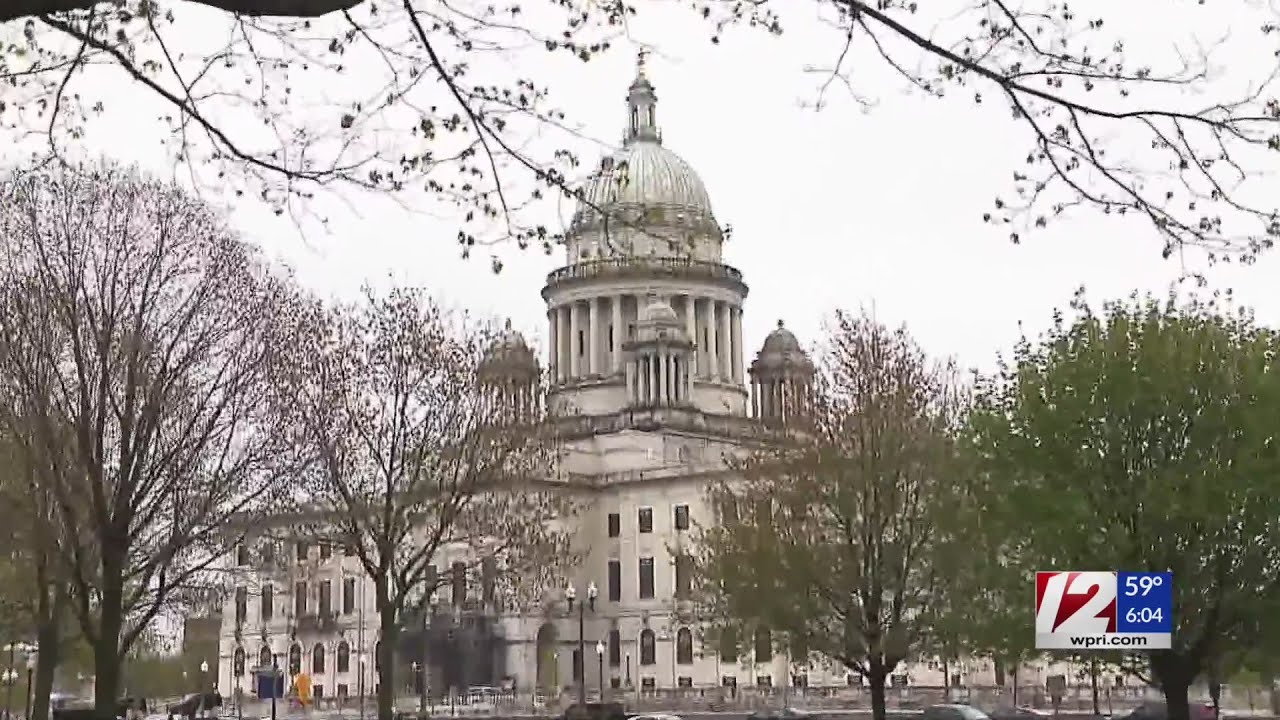The legality of abortion in Rhode Island
Abortion is considered legal in Rhode Island under certain circumstances. The state recognizes a woman’s right to choose and protects her access to abortion services. However, it is important to understand the specifics of Rhode Island’s abortion laws and the historical context that has shaped the state’s stance on reproductive rights.
Abortion laws: A comprehensive overview
Rhode Island’s abortion laws are governed by a combination of state statutes and court rulings. The state follows the legal framework established by the landmark Supreme Court case, Roe v. Wade, which legalized abortion nationwide in 1973. Additionally, Rhode Island has its own laws that provide further guidance on abortion procedures and restrictions.
Rhode Island’s stance on reproductive rights
Rhode Island has a progressive stance on reproductive rights, recognizing the importance of a woman’s autonomy in making decisions about her pregnancy. The state upholds the principles outlined in Roe v. Wade, allowing women to access safe and legal abortion services. However, it also imposes certain restrictions to ensure the protection of both the woman’s health and the potential life of the fetus.
Historical context: Abortion legislation in Rhode Island
Before the Roe v. Wade ruling, Rhode Island had restrictive abortion laws that criminalized the procedure, except when necessary to save the life of the woman. However, following the landmark Supreme Court decision, the state gradually revised its laws to align with the constitutional right to abortion. This transformation was driven by a growing recognition of women’s reproductive rights and the need to provide safe and legal options for terminating pregnancies.
Current abortion laws in Rhode Island
Rhode Island currently follows the legal framework established by Roe v. Wade. Abortion is legal in the state up to the point of fetal viability, which is typically around 24 weeks of pregnancy. After this point, abortions are only performed if necessary to protect the life or health of the woman. Rhode Island also requires parental consent for minors seeking abortion, with exceptions in cases of medical emergencies or judicial bypass.
Exploring the legal framework for abortion in RI
Rhode Island’s legal framework for abortion includes provisions to ensure the safety and well-being of pregnant individuals. The state requires that abortions be performed by licensed physicians in medical facilities that meet certain standards. Additionally, Rhode Island allows medical professionals to refuse participation in abortion procedures on the grounds of their religious or moral beliefs, but they must refer patients to another provider.
Rhode Island’s abortion rights advocacy groups
Rhode Island is home to several advocacy groups that work tirelessly to protect and expand reproductive rights. Organizations such as Planned Parenthood of Rhode Island and the Rhode Island chapter of NARAL Pro-Choice America advocate for access to comprehensive reproductive healthcare, including abortion services. These groups provide education, support, and advocacy for individuals seeking reproductive healthcare options.
The impact of Roe v. Wade on Rhode Island
The Roe v. Wade ruling has had a significant impact on Rhode Island’s abortion laws and access to reproductive healthcare. It established a constitutional right to abortion, ensuring that women have the option to terminate their pregnancies legally and safely. This landmark decision has been instrumental in shaping Rhode Island’s stance on reproductive rights and has played a crucial role in protecting women’s autonomy over their own bodies.
Abortion statistics in Rhode Island: An analysis
While obtaining accurate abortion statistics in Rhode Island can be challenging due to privacy protections, available data indicates that the number of abortions has decreased over the years. This decline can be attributed to increased access to contraception, comprehensive sex education, and improvements in reproductive healthcare. However, it is important to note that disparities in access to abortion services still exist, particularly for low-income individuals and those in remote areas.
Challenges and controversies surrounding abortion in RI
Despite the legality of abortion in Rhode Island, there are ongoing challenges and controversies surrounding reproductive rights. Some opponents of abortion continue to push for more restrictive legislation, hoping to limit access to abortion services. These efforts can create barriers for individuals seeking abortions and may disproportionately impact marginalized communities. The debate over abortion remains a contentious issue in the state, with differing opinions on the rights of the woman and the potential life of the fetus.
Accessing abortion services in Rhode Island
Rhode Island has several healthcare providers that offer abortion services, ensuring that individuals have access to safe and legal procedures. Facilities such as Planned Parenthood clinics and other reproductive healthcare centers provide confidential and compassionate care. However, it is important to note that barriers to access, such as financial constraints, lack of transportation, and limited healthcare providers in certain areas, can still pose challenges for those seeking abortion services.
Protecting reproductive rights: Future prospects in RI
Rhode Island continues to be a progressive state in protecting reproductive rights, but vigilance is crucial to ensure ongoing access to safe and legal abortion services. The state must continue to monitor and address any attempts to restrict reproductive healthcare options. By supporting advocacy organizations, promoting comprehensive sex education, and working towards equitable access to reproductive healthcare, Rhode Island can maintain its commitment to protecting the rights and autonomy of individuals seeking abortion services.





